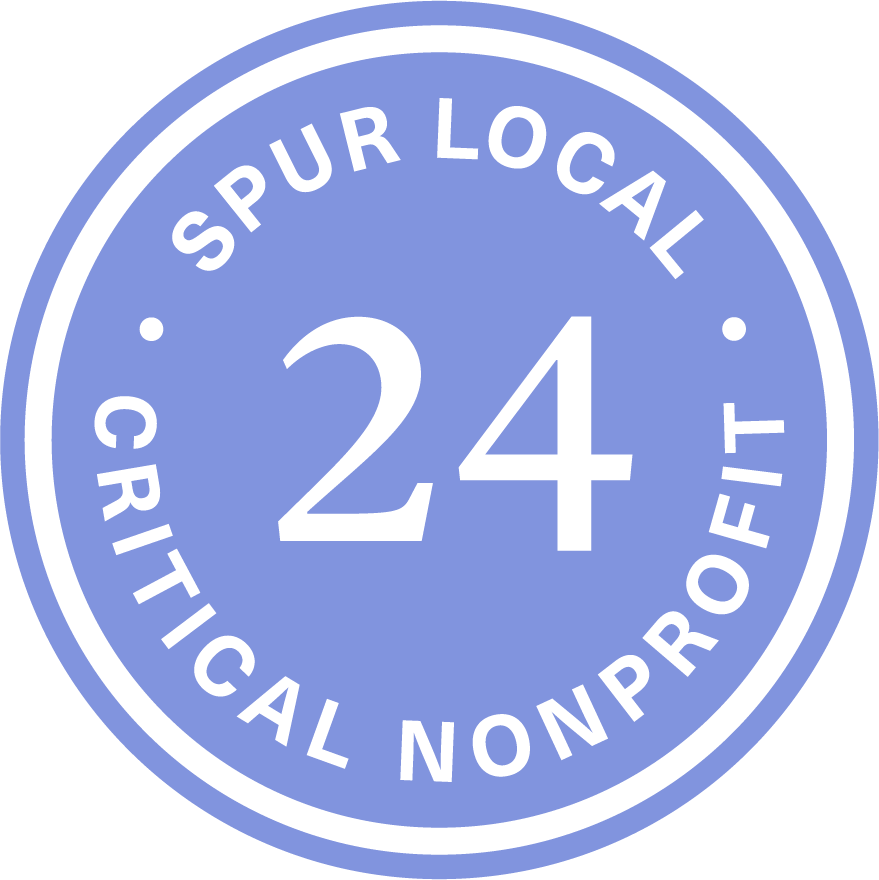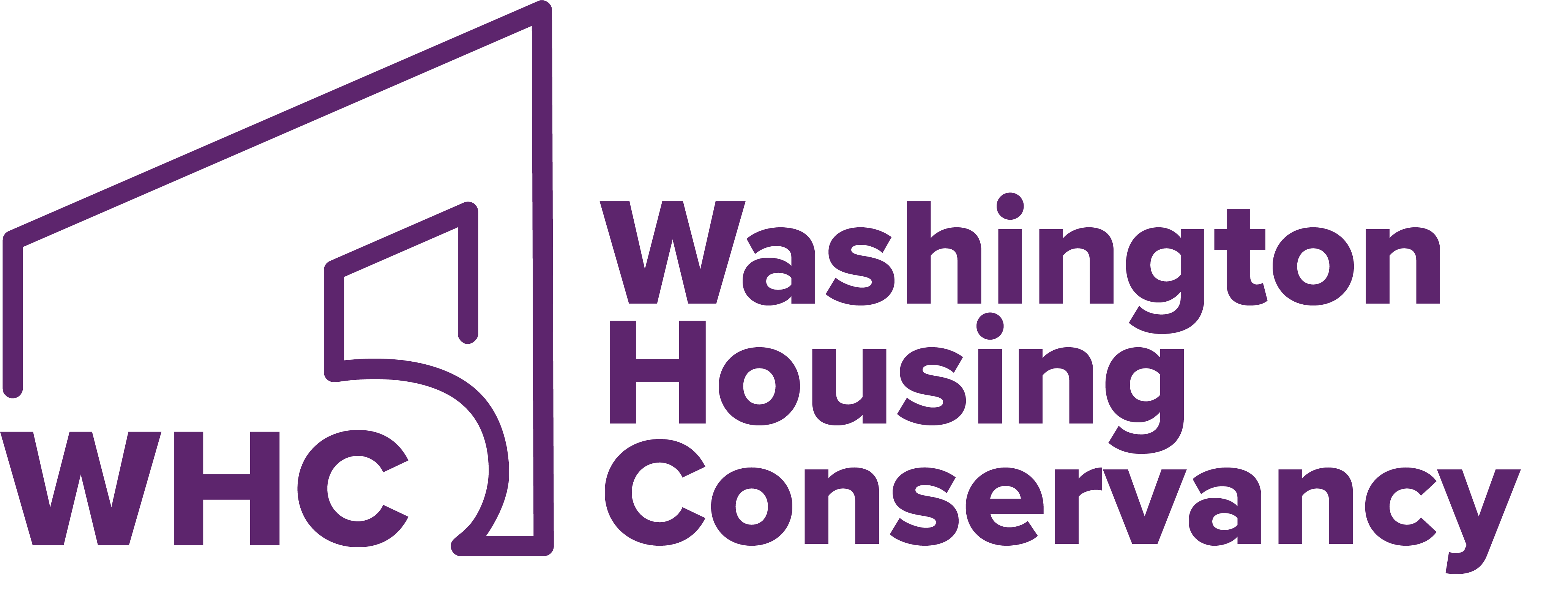
Fair Housing: Inclusive, equitable and affordable
Fifty-six years ago this month, President Lyndon B. Johnson signed the Fair Housing Act, a landmark civil rights legislation that made it unlawful to discriminate in housing transactions. At the heart of fair housing is the principle that everyone deserves access to safe, affordable housing, regardless of race, color, religion, national origin, sex, familial status, or disability.
While overt discrimination in the form of restrictive covenants and redlining may be outlawed, the legacy of these practices coupled with other barriers mean that there is still much more work to do. Limited affordability creates new redlines – places where some citizens cannot live and therefore cannot take advantage of the amenities of high opportunity neighborhoods.
Affordable housing is not just a matter of shelter; it is a cornerstone of economic stability and upward mobility. When individuals and families spend a disproportionate amount of their income on housing, they have less to invest in education, healthcare, and other essentials. This perpetuates cycles of poverty and limits opportunities for economic advancement. Stable housing in neighborhoods with high performing schools, near employment centers and transportation, and access to health care and healthy foods is critical to creating equitable economic opportunity and social connection that enables people to thrive. Addressing the affordability crisis is crucial for fostering inclusive economic growth and reducing inequality.
Unfortunately, there are still too many barriers to safe, stable and affordable housing for all.
Discrimination
There are still many obstacles in accessing rental and for-sale housing due to unconscious biases or stereotypes held by landlords, real estate agents, lenders and appraisers. A New York Times article last year documented discrimination in appraising the home value of a Black Johns Hopkins professor and his family. When the professor had a white colleague stand in for him, his home was valued at nearly $300,000 more than a previous appraisal that led to a finance company denying a refinance application.
Economic Barriers
Housing affordability remains a huge challenge, particularly in hot real estate markets like Washington, DC. Unable to afford rising rents or purchase costs, many marginalized groups end up living in substandard housing, have to move further away from neighborhoods they love, or find themselves relegated to under-resourced and under invested neighborhoods.
Displacement
Long-time residents in neighborhoods that are currently more affordable are finding themselves priced out of their apartments as these buildings are sold to developers who convert them to luxury rentals. This displacement disproportionately affects low-income communities and communities of color.
Lack of Access to Housing Resources
Access to housing resources such as subsidies, affordable housing programs, and fair lending practices may not be equally available, further perpetuating disparities in housing access and contributing to the concentration of poverty in certain neighborhoods.
As we commemorate Fair Housing Month, please join WHC’s commitment to the pursuit of housing justice and economic opportunity for all. By prioritizing equitable housing policies and investments, we can create communities where everyone has the opportunity to thrive, regardless of their background or circumstances. We focus on community building and placemaking because we know that resident engagement and developing physical places where people can come together across lines of difference is critical. And finally, we believe that creating meaningful opportunities for connection are part of the equation to increasing health outcomes (both mental and physical) and building economic mobility opportunities for residents.
Fair housing is not just about a roof over one’s head. It is about housing that doesn’t eat up an entire month’s income. It is about having access to education, health care, healthy foods and economic opportunity. It is about access to inclusive, diverse, and equitable communities. It is about living in a place you are proud to call home.

Preserving housing affordability and promoting economic mobility in the DC-region
The Washington Housing Conservancy is a 501(c)(3) non-profit organization. Your investment helps us expand our work. Your gift is 100% tax-deductible. EIN 83-1866109


Privacy Policy Terms & Conditions
Privacy Policy
Terms & Conditions
Get in touch
Follow us
